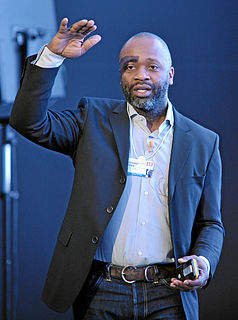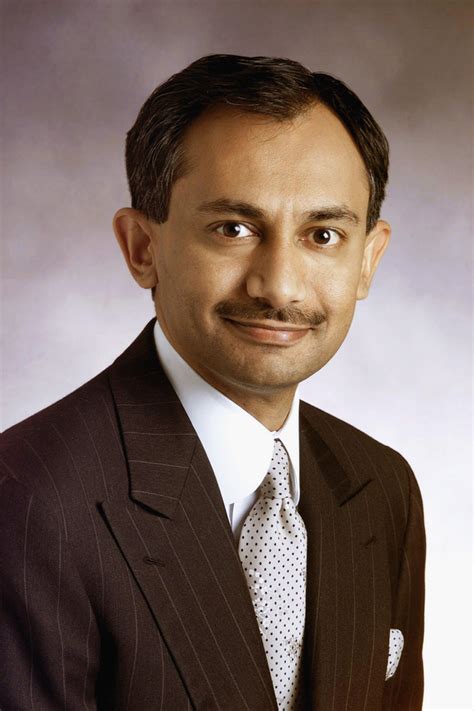A Quote by Theaster Gates
What I think museums do very well is that they say to a public, "We have some stuff that's worth looking at."
Related Quotes
I mean, you can explain the fact that these are depressed prices, you know. We think these assets are going to be worth a lot more. And I think that case can be made in certain situations. But I think to just say, you know, we're going to say a dollar of cash is worth $2 all of a sudden, it isn't worth $2. It's worth a dollar today.
I think before Twitter people didn't think that way, not in any sort of meaningful or specific way, so what I'm trying to say, if we're trying a bunch of stuff, a lot of cool and great social stuff, a lot of platform stuff, then some of it will stick, and some of it will be junked over. Some of it will be just like the cell phone, you can't imagine not having it.
Normally if you're dating, you're looking for compatibility, and then the moment that there's incompatibility, you're like, "Well, swipe left on that, let's just keep looking." In some ways I think the same lessons apply to people that apply to objects. It's just much easier to see that lesson in things because they're these fixed intangible lumps of stuff. People are not. They can change.






































